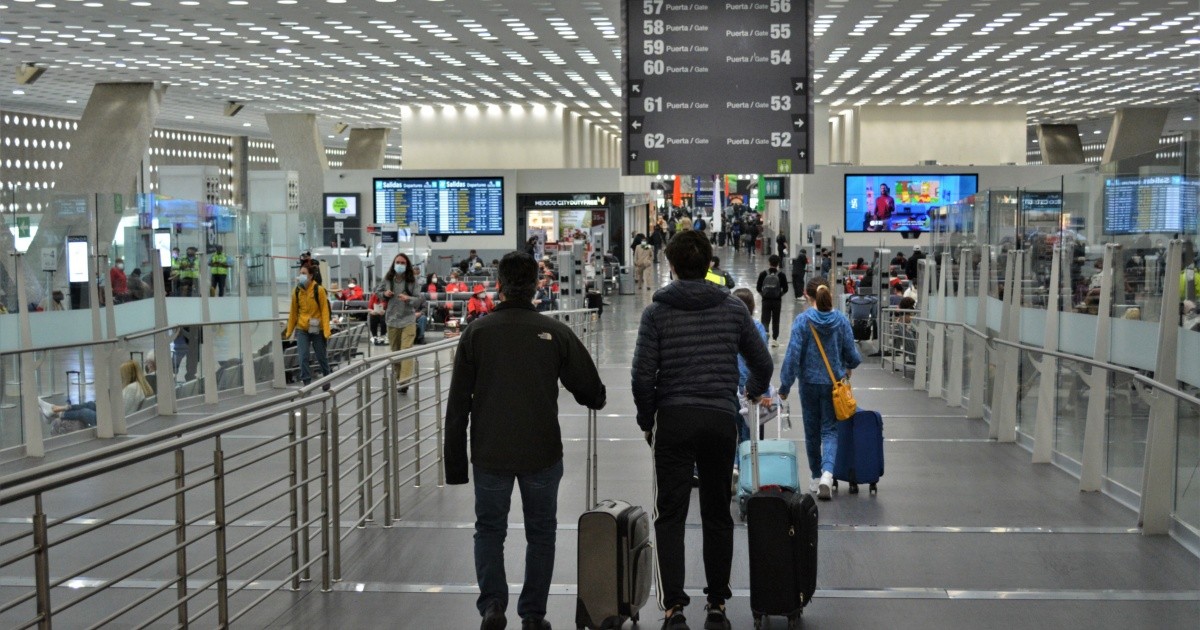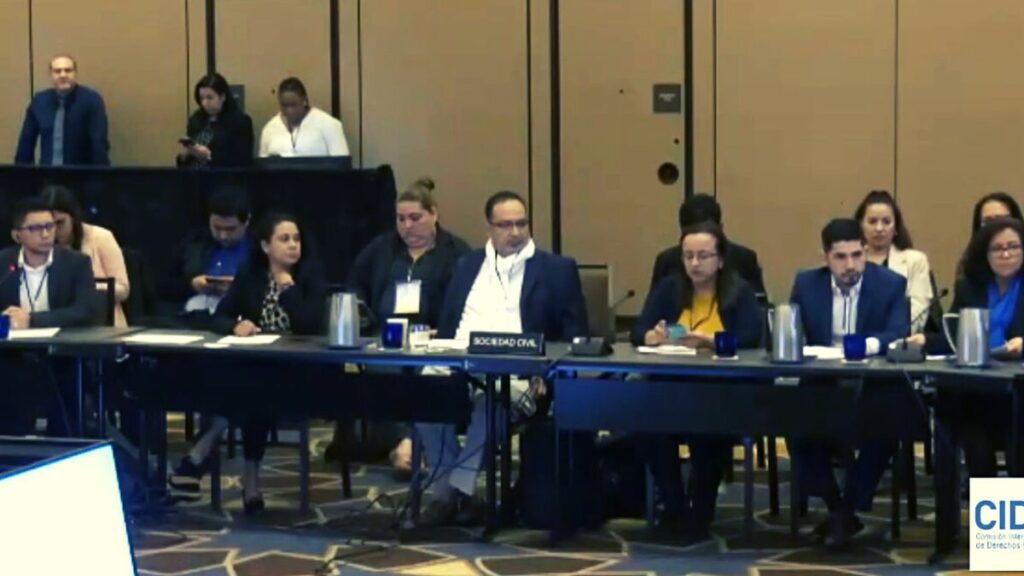It’s official: the federal government is already working on the creation of a new airport group that will be controlled by the Secretary of the Navy and will include seven terminals (do you remember that last year the Secretary of National Defense created the Airport, Rail and Olmeca-Maya-Mexica Auxiliary Services to take charge of AIFA and the Mayan Train, among other strategic infrastructures?).
The jewel in the crown is the Mexico City International Airport (AICM), which to date is a subsidiary of the Mexico City Airport Group (GACM), and the Ministry of Infrastructure, Communications and Transportation (SICT). will be placed entirely in the hands of the naval forces.
Direct competition is already in sight with the private groups ASUR, OMA and GAP.
It was about time. President Andrés Manuel López Obrador had warned, whenever he had the opportunity, that some terminals that are part of Airports and Auxiliary Services (ASA) would go to the Navy, despite not having a background in airport administrative and business matters (including the promotion of tourist activity).
Although the unit does have its Naval Aviation School to guarantee the operation of its fleet of planes and helicopters, which have been used in colorful and effective operations against organized crime.
One argument for ceding civilian control of airport facilities was the need for greater control and security over them.
The new group, in addition to the AICM (already under the operational direction of Vice Admiral Carlos Ignacio Velázquez Tiscareño, Retired Pilot Pilot), will include the airports of Obregón (the third with the most domestic passengers for ASA and the fifth in international passengers), Ciudad del Carmen (fifth national and seventh international), that of Colima (seventh national and without international activity) and that of Loreto (eleventh national and first international).
The list is also made up of the Matamoros and Guaymas terminals.
According to a public document, on February 7, the main airlines operating in Mexico, among other players in the sector, were informed about the new group with which they will have to negotiate new routes, incentives or commercial agreements.
That day, other related news was also disseminated that has not yet been processed:
“A direct agreement will be made with PEMEX for the supply of fuel. It will no longer be triangulated by means of ASA”.
A benefit that is already evident from the new management at the AICM is that there is greater security for passengers (hundreds of cameras help with that) and bags are delivered faster. However, it must be said that there are review teams of people who do not work on the filters and this activity is done manually, slowing down the process and causing inconvenience.

















